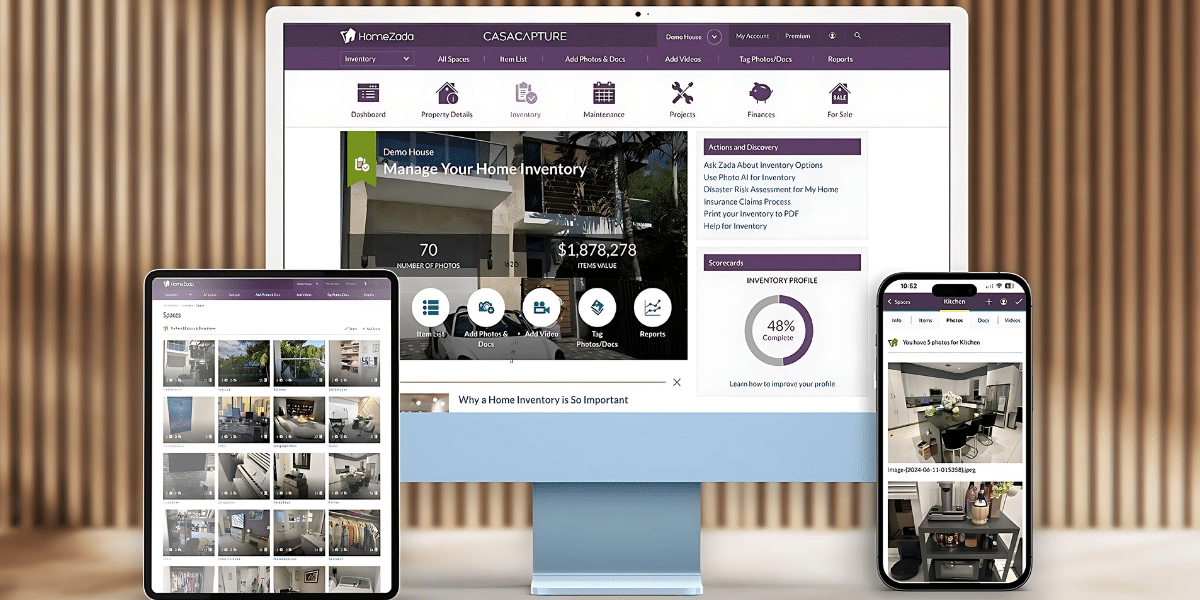The Need for Sustainable Transportation
In the bustling streets and vibrant neighborhoods of Miami, a transformation is underway—a shift towards sustainable transportation solutions that prioritize environmental stewardship, reduce congestion, and enhance quality of life for residents and visitors alike. From electric vehicles to public transit innovations, these sustainable transportation initiatives are reshaping the way people move around the city, paving the way for a more resilient and equitable transportation system. In this comprehensive exploration, we’ll delve into the world of sustainable transportation solutions in Miami, uncovering their benefits, challenges, and potential for the future.
As one of the fastest-growing cities in the United States, Miami faces significant transportation challenges, including traffic congestion, air pollution, and limited mobility options for underserved communities. Embracing sustainable transportation solutions is essential for addressing these challenges while promoting economic development, social equity, and environmental sustainability.
Embracing Innovation for a Greener Future
Miami is at the forefront of innovation when it comes to sustainable transportation solutions, leveraging technology and collaboration to drive positive change. From electrifying public transit to promoting active transportation modes like walking and cycling, the city is exploring a diverse range of strategies to create a more sustainable and resilient transportation system.
Sustainable Transportation Initiatives in Miami
- Electric Vehicles (EVs): The adoption of electric vehicles is gaining momentum in Miami, with a growing number of residents and businesses embracing cleaner, more efficient transportation options. From electric cars to e-bikes and scooters, EVs offer an eco-friendly alternative to traditional gasoline-powered vehicles, reducing greenhouse gas emissions and improving air quality in the city.
- Public Transit Upgrades: Miami-Dade County is investing in upgrades and expansions to its public transit infrastructure, including the Metrorail, Metromover, and Metrobus systems. These improvements aim to enhance accessibility, reliability, and convenience for riders while reducing reliance on private cars and alleviating traffic congestion on Miami’s roadways.
- Micro-Mobility Solutions: Micro-mobility options such as bike-sharing and scooter-sharing programs are gaining popularity in Miami, providing residents and visitors with convenient, affordable alternatives for short-distance travel. These micro-mobility solutions help reduce reliance on single-occupancy vehicles and promote healthier, more sustainable modes of transportation.
- Active Transportation Infrastructure: Miami is investing in infrastructure improvements to support active transportation modes like walking and cycling, including the development of bike lanes, pedestrian-friendly streetscapes, and multi-use trails. By prioritizing the needs of pedestrians and cyclists, the city is creating safer, more inclusive streets for all users.
Advantages of Sustainable Transportation
The adoption of sustainable transportation solutions offers numerous benefits for Miami and its residents:
- Environmental Benefits: Sustainable transportation options, such as electric vehicles and public transit, help reduce greenhouse gas emissions and air pollution, improving air quality and mitigating the impacts of climate change.
- Reduced Congestion: By providing alternatives to private car travel, sustainable transportation solutions help alleviate traffic congestion on Miami’s roads, reducing travel times and improving overall mobility for residents and visitors.
- Improved Public Health: Active transportation modes like walking and cycling promote physical activity and contribute to better public health outcomes, reducing the risk of chronic diseases and improving quality of life for Miami’s residents.
- Social Equity: Sustainable transportation solutions can enhance access to jobs, education, and essential services for underserved communities, improving social equity and economic opportunity for all residents of Miami.
Challenges and Opportunities Ahead
While the benefits of sustainable transportation are clear, Miami still faces challenges in realizing its vision of a greener, more sustainable transportation system:
- Infrastructure Investment: Funding and investment in sustainable transportation infrastructure are needed to support the expansion of public transit, the development of bike and pedestrian infrastructure, and the deployment of electric vehicle charging stations.
- Behavioral Change: Encouraging behavioral change and shifting travel patterns towards more sustainable modes of transportation may require education, outreach, and incentives to overcome entrenched habits and perceptions.
- Equitable Access: Ensuring equitable access to sustainable transportation options for all residents, including those in underserved communities, is essential for promoting social equity and addressing transportation disparities in Miami.
As Miami continues to grow and evolve, sustainable transportation solutions will play an increasingly important role in shaping the city’s future. By embracing innovation, collaboration, and a shared commitment to sustainability, Miami can create a transportation system that is cleaner, more efficient, and more equitable for all. With continued investment, leadership, and community engagement, Miami has the opportunity to lead the way towards a greener, more sustainable future for cities around the world. Together, we can pave the way for a brighter tomorrow, one mile at a time.









